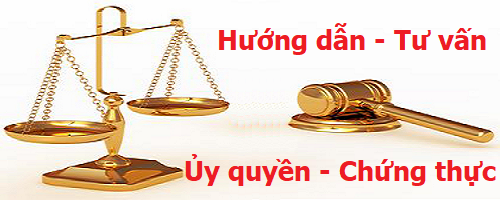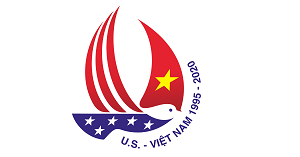ASEAN informal Summit aims to build a dynamic economic region
Ha Noi, Nov. 26 (VNA) -- Leaders of member countries of the Association of Southeast Asian Nations (ASEAN) at the fourth ASEAN informal summit have agreed to build Southeast Asia into a dynamic economic region, said Foreign Minister Nguyen Dy Nien.
FM Nien granted an interview to a Viet Nam News Agency correspondent about the results of the summit held in Singapore on Nov. 24 and 25 right after his return to Ha Noi on Nov. 26.
The FM said that through the summit and the meetings of ASEAN+3(China, Japan and the Republic of Korea) and ASEAN+1, the leaders of ASEAN member countries were of the same view that challenges in development were posing the ASEAN group and the region. They reached consensus on making great efforts to help new member countries including Laos, Cambodia, Myanmar and Viet Nam, overcome backwardness, give priority to information technology and human resources development, and continue carrying out agreed projects, particularly the Ha Noi Plan of Action, with a view to quickly build Southeast Asia into a dynamic economic region, keeping up with the general development trend.
He noted that the summit agreed upon the followings:
First, ASEAN leaders agreed that at the 7th ASEAN Summit in Brunei in 2001, a mid-term review will be held to assess implementation of the Ha Noi Plan of Action and to work out follow-up measures to realise ASEAN development strategy.
They stressed the determinations to carry out such pledged programmes and projects for common development as the establishment of the ASEAN Free Trade Area (AFTA) and the building of an ASEAN Investment Area (AIA). They also agreed upon a number of important cooperation programmes with the latest development being the signing of the e-ASEAN framework agreement and accelerating the building of the trans-Asia system of railway, road and riverway transport. Those programmes aim to develop the Mekong basin in order to narrow the development gap between countries in the region and between ASEAN and the world.
Second, ASEAN leaders once again highlighted their countries' determinations in the spirit of "Solidarity, Cooperation for an ASEAN of Peace, Stability and Equal Development". Now more than ever before, ASEAN member countries should strengthen solidarity, mutual assistance and joint efforts to raise efficiency of economic cooperation and particularly to help new members develop and integrate into regional and global economies.
The ASEAN leaders all pointed to the need to maintain ASEAN fundamental principles, i.e. consensus and non-interference in each other's internal affairs. On this basis, ASEAN have created and will create a common and stronger voice at international and regional fora, thus raising the role of ASEAN in settling regional and international issues.
Third, on relations between ASEAN and other countries, success of the ASEAN+3 and ASEAN+1 meetings have affirmed the common wish of North East dialogue partners to boost cooperation with and assistance to less-developed ASEAN countries and to join in overcoming economic and financial difficulties to prevent any crisis from re-occurence. Worthy of note is that the summit had discussed the ideal of building a powerful East Asia economy having one third of the world's population, a GDP of USD 7,000 billion and great potentials in economy, finance, trade, science, technology, tourism, and cultural exchange.
Foreign Minister Nien also made known that right at the informal summit, Vietnamese Prime Minister Phan Van Khai had made a proposal on rotary organization of "ASEAN Cultural Weeks" and "Culture and Tourism Fairs". The proposal was warmly welcomed by the other ASEAN leaders who agreed that the proposal would be implemented at the up-coming functional conferences of ASEAN and ASEAN+3.
He added that PM Khai had met with leaders of other ASEAN and North East countries, thus helped boost mutual understanding and support between Viet Nam and its friends in cooperation for development and at international fora.--




